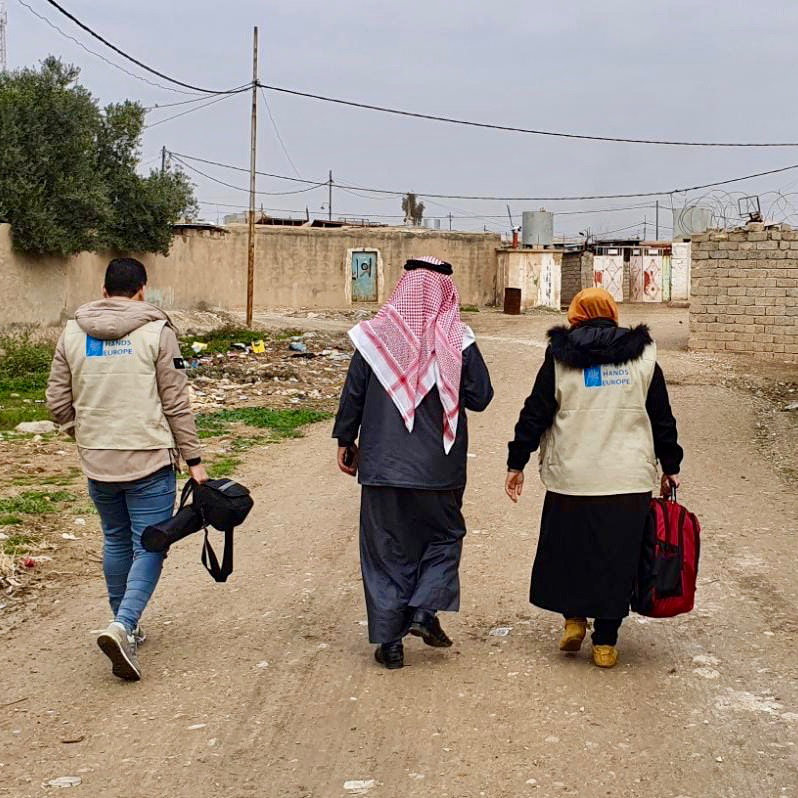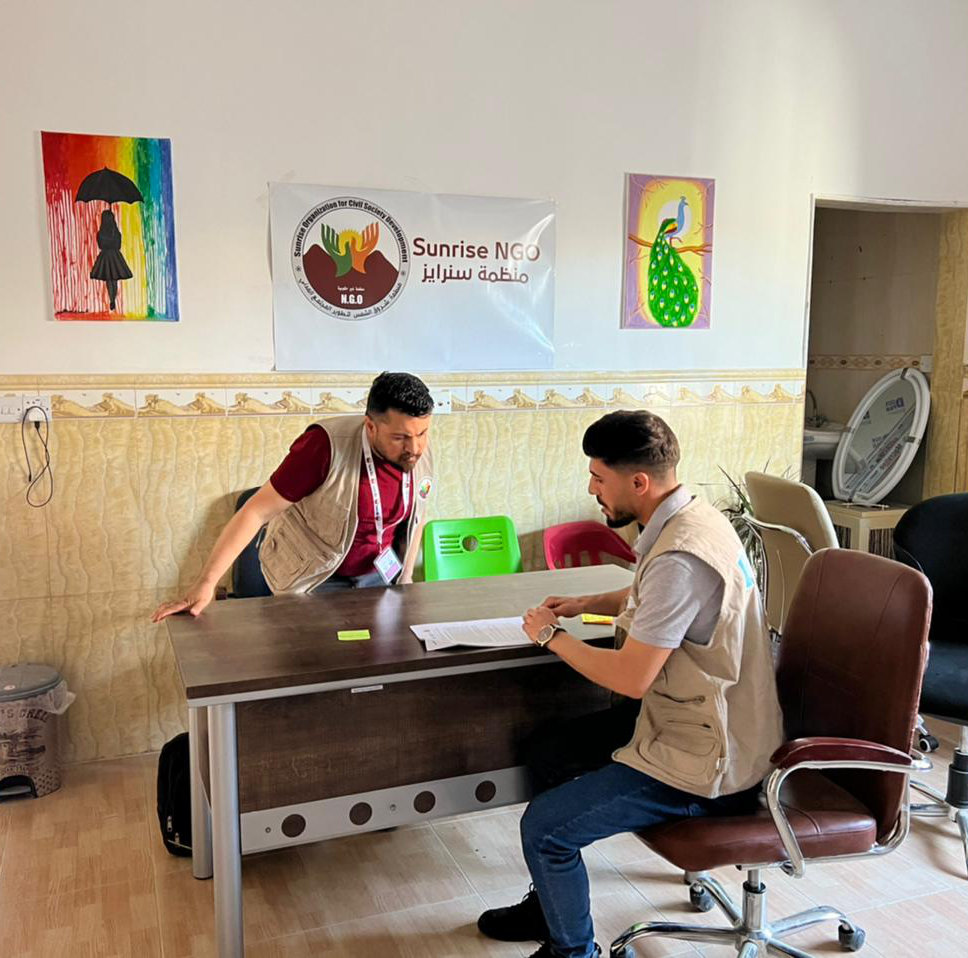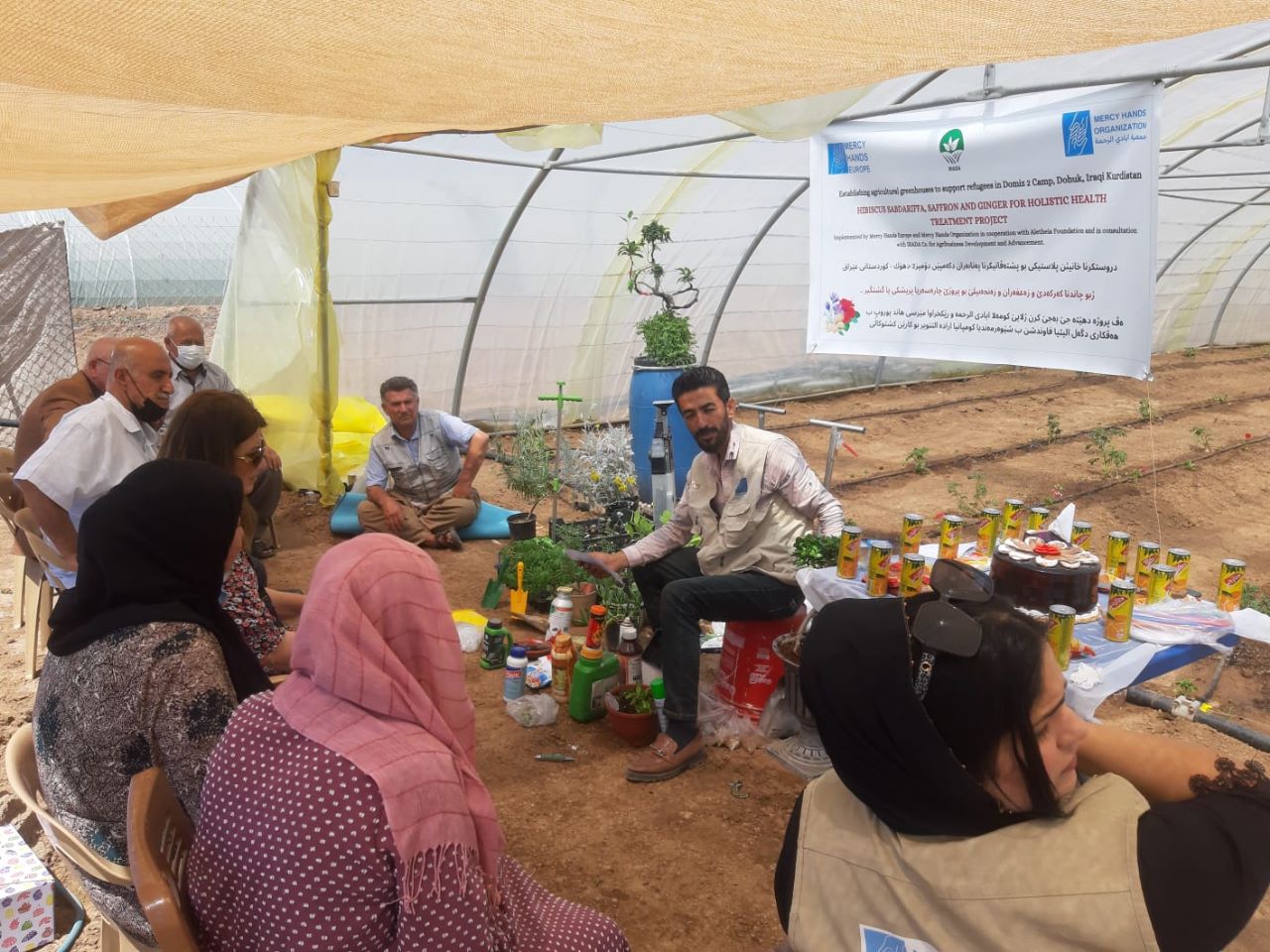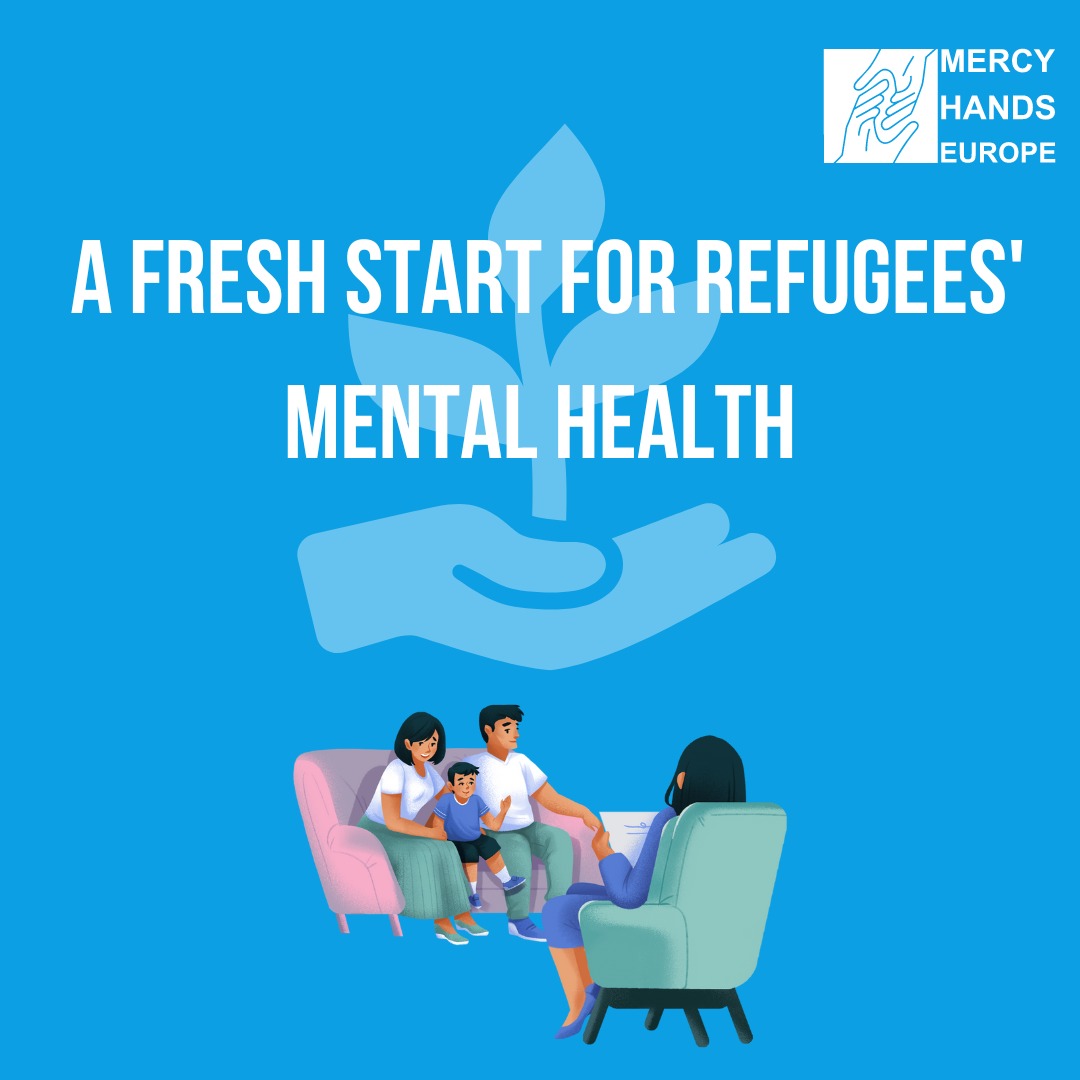During the conflict with a powerful extremist group, more than 6 million Iraqis were displaced from their home areas, and an estimated 1.3 million people remain displaced today. Among them, many families formerly affiliated with said group are still marginalised and stigmatised, leading to greater destruction and vulnerability of these groups to violent extremism and the targeting of radical ideologies. The Japanese Government and United Nations Development Program supported project aims to target communities in Al-Anbar, Salah al-Din, and Nineveh governorates to better reintegrate extremist group affiliated families and mitigate any future tensions. the objective is to strengthen community psychosocial reintegration support for children and adults formerly associated with terrosist groups, victims of gender based violence, and selected community members by providing free services by psychologists, psychiatrists, and social workers, as well as training in basic psychosocial skills in post-conflict settings.
Work
This project is located in the Amhara region in Ethiopia, more precisely in the Bibugn Woreda. Our aim is to empower the rural community, especially women, through various income-generating activities and the rehabilitation of degraded agricultural land. This includes capacity building in beekeeping practices, ecological agriculture and forestry and breeding of livestock. Having assessed the local needs, seeing that the region has very poor coverage in drinking water sources, we will also create 2 fountains to be used as safe drinking water sources. Thanks to our local partner Agri Service Ethiopia, we ensure the continuation of the project and the integration of women in the local community through community learning forums, where our beneficiaries will create a democratic way to have their say at every stage of the project.
In Iraq, the response to human rights violations often remains lacklustre due to the lack of resources and capacity of the governmental offices. However, the civil society, especially CSOs (Civil Society Organisation), can move towards fostering respect and compliance to human rights with the right capacity, understanding, and tools. Supported by the German Federal Foreign Office, funded by IFA (Institut für Auslandsbeziehungen), this project provides in its first phase training for CSOs in Erbil and for ICPs (Iraqi Community Police) and prison staff in Baghdad, aimed at human rights promotion and application, as well as capacity-building. Furthermore, the project also hosts a roundtable discussion between key ICP and prison staff members in Baghdad which allows to host a forum where obstacles to justice and rule of law are identified and addressed during training. In the second phase of the project we have provided essential training to lawyers, CSOs, academics and journalists regarding the reporting and documenting of human rights violations to international bodies. During this we had the opportunity of meeting with the UNCED (United Nations Committee for Enforced Disappearences) during their visit in Iraq and discussing the current situation in the country.
This project aims to cultivate hibiscus sabdariffa, saffron and ginger in Domiz 2 Camp in Dohuk, Kurdish region of Iraq and produce herbal tea products from these plants that will allow for the natural treatment of various diseases such as hypertension. This work is inspired by medical research conducted by the Antenna Foundation in Iraq. Members of the camp community will not only benefit from improved health through these natural treatments, but disadvantaged refugees living in the camp will be able build a livelihood through specialized training and the foundations of a sustainable micro-enterprise. This project will also enable reforestation through the introduction of new environmentally-friendly plants with long-term yields of useful health products and the possibility to expand this scope in the future.
In coordination with a law firm, we are supporting the mental and physical health of refugees based in Europe and coming from the middle east, to provide economic compensation to people that suffered from Post-Traumatic Stress Disorder (PTSD) with physical and mental injuries. Through interviews carried out by our hybrid team of legal and medical staff, we are supporting them to receive adequate compensation, in the hope that this will help them to start a new life and partially contribute to increased justice.
Are you a refugee currently based in Germany or elsewhere in Europe that worked for a US-based company in the Middle East? Are you now experiencing physical or mental PTSD? If your answers are YES, contact us at or at +41 76 703 01 13 to apply for receiving the compensation.






